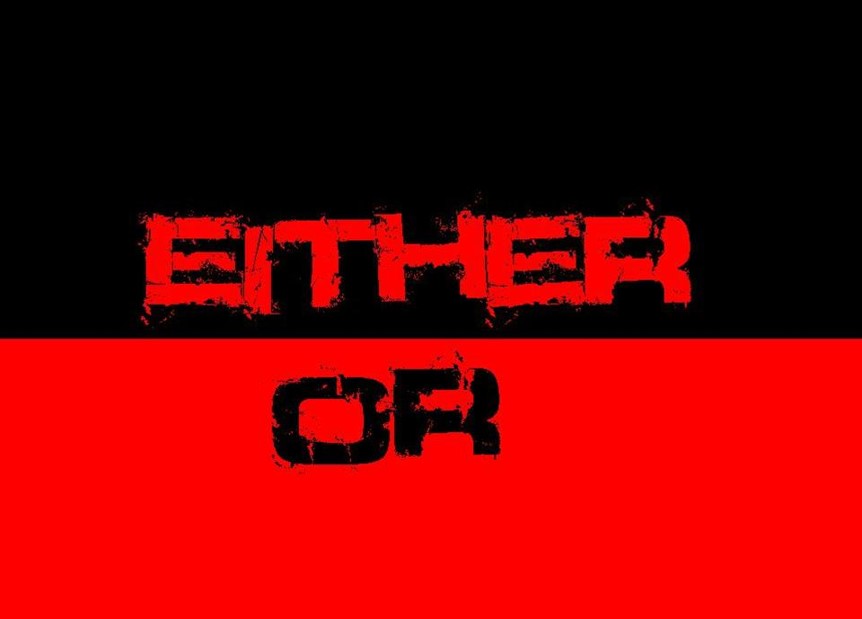Our society and business worlds seem to be becoming increasingly polarized with group taking extreme positions, suggesting their way is the “Right Way!” They argue that everything else is wrong and terrible things befall those not doing it their way.
Social media channels are filled with people taking these positions.
There are the social selling and “cold calling” camps, each thinking the other is wrong.
There are the marketing versus selling camps, each taking positions they are the most important contributors to revenue growth.
There are the high velocity/high volume advocates that claim they’ve discovered the secret to predictable revenue. And, of course, there are those that focus on complex sales that can’t imagine the approaches of the other.
It’s amazing how fierce the disagreements are. Each side calling the other “morons, idiots, dinosaurs.” Dig a little into each of the positions, usually you find whatever they sell is driving their position. Social sellers will always advocate social selling because they make their money selling those tools and services. Likewise, cold callers will always advocate cold calling because they sell tools and services for cold calling.
Perhaps it’s a simpler world to imagine everything is black and white, good or bad, either-or.
It certainly makes it easier for these people to do their jobs and make money, but it doesn’t recognize the reality the rest of us face.
Nothing is ever black or white, good or bad, either-or. Every situation is different, we live in a world that is more shades of grey or colors than black and white. What is good practice for some fails with others.
Our world is not simple and simplistic approaches inevitably fail.
Imagine if rather than considering things in such black and white or either-or terms, we started considering, “Both-and.”
Both-and opens up whole new approaches to working with each other and our customers.
Both-and enables us to see differing points of view. It enables us to broaden our perspectives and our options for getting things done with our customers and colleagues.
Both-and enables us to choose the most appropriate approaches to address a specific situation, rather than continuing to try to force fit the only approach we have.
Both-and enables us to consider things that aren’t black and white.
Both-and creates conversations and engagement, giving us the opportunity to create far greater value than one approach.
We can only begin to truly collaborate when we start opening ourselves to both-and.
Both-and is an open, growth oriented mindset where either-or is a closed mindset.
In the real world, there is no definitive answer or best way. When asked “what’s the best approach to prospect, market, sell, service, support …… our customers,” the only reasonable answer is “It depends,” followed by deeper questions and discovery to determine the best approach.
Recently, I spent time with one of the highest performing sales organizations I’ve experienced. I started peppering them with questions:
Social selling or cold calling? They responded: Yes!
Marketing or sales? They responded: Yes!
Complex or transactional? They responded: Yes!
Consultative Selling, SPIN, Vito, Solution, Strategic Selling, Customer Centric, Value Based, Insight Based, or Challenger? They responded: Yes!
For every “Either-or” question I asked, they responded Yes! They lived in a world where they leveraged everything they could to create value for their customers and drive performance within the organization. I suspect this pragmatism is part of what makes them a high performing team.
The real world is “Both-and,” perhaps the gurus and experts from all camps would create greater value in the community by shifting their points of view.
Afterword: Perhaps these are good lessons for our elected officials and society in general.
Afterword 2: Thanks to Deb Calvert for contributing to this concept! Her great comment in, “94% of Buyers Research Online–So What!”

David, you are in good company.
The late Howard Raiffa, a note decision science theorist, loved to confront either/or with “why not both’?
Nobody’s right if everybody’s wrong.